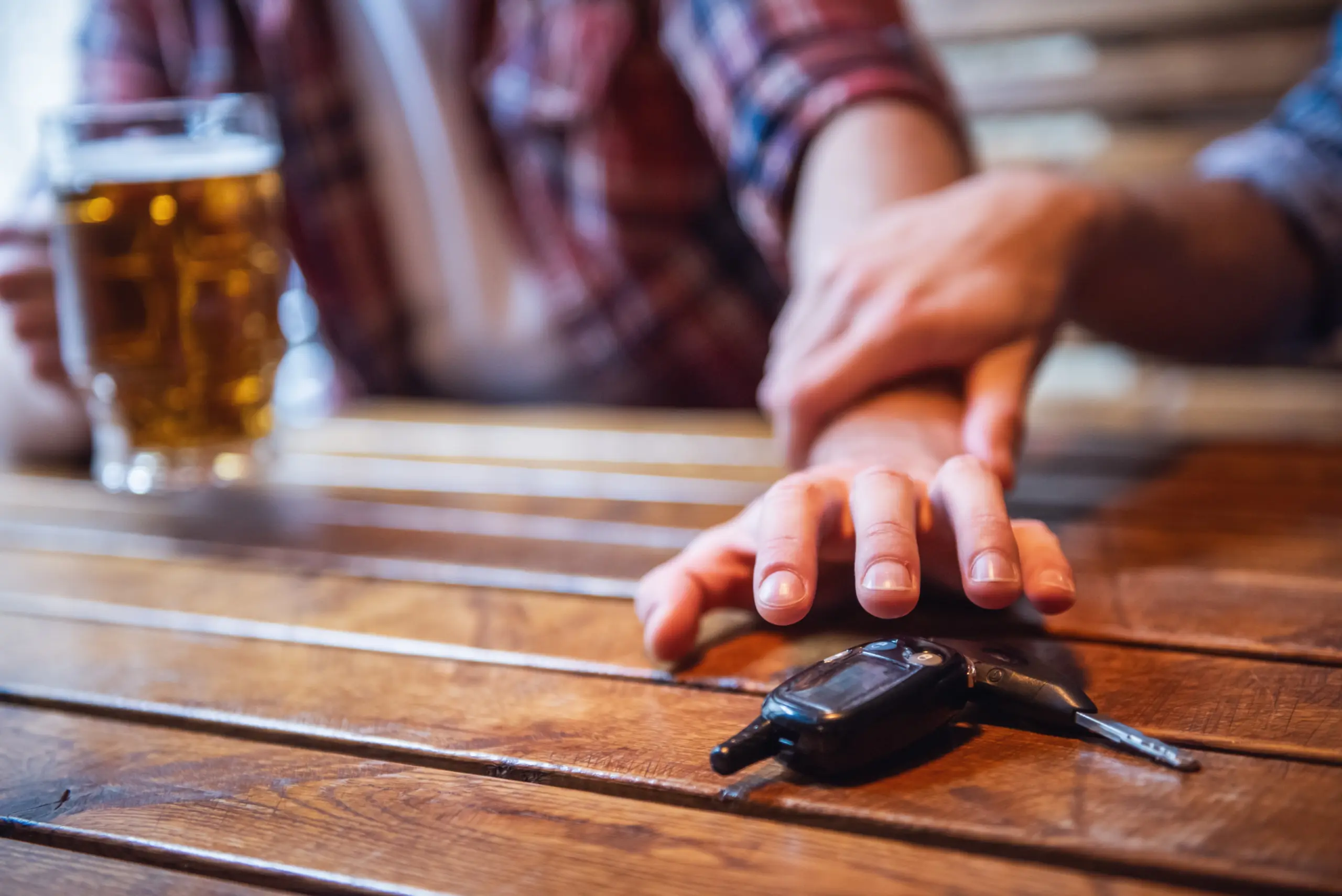Quick Guide to Understanding the 6 Stages of Addiction
Addiction doesn’t happen overnight. It develops gradually, often in ways that can be overlooked until the problem becomes serious. By learning the 6 stages of addiction, you can better recognize warning signs in yourself or a loved one and understand how professional treatment can help.
Stage 1: Experimentation
This stage often begins with curiosity or peer pressure. A person may try alcohol or drugs to fit in, celebrate, or cope with stress. While occasional, it sets the foundation for future risk.
Stage 2: Regular Use
Substances start to become part of routine life—weekend drinking, frequent cannabis use, or casual pills to relax. The pattern may seem harmless but can quickly progress.
Stage 3: Risky Use

At this point, use begins to interfere with responsibilities, relationships, or safety. Examples include driving under the influence, skipping work, or engaging in reckless behavior.
Stage 4: Dependence
The body and mind adapt to the substance. Tolerance increases, withdrawal symptoms appear, and the person feels they “need” it to function normally.
Stage 5: Addiction
Use becomes compulsive despite negative consequences. The substance takes priority over work, family, and personal health. Secrecy, denial, and cravings dominate daily life.
Stage 6: Crisis or Treatment-Seeking
This final stage often involves legal trouble, health emergencies, or broken relationships. However, it’s also the stage when many seek help through professional treatment programs like those at Deluxe Treatment Center.
Why Understanding These Stages Matters

Knowing the 6 stages of addiction helps identify where intervention is possible. The earlier someone gets help, the better the chances of recovery.
👉 At Deluxe Treatment Center, we provide compassionate inpatient programs tailored to every stage of addiction. Contact us today to start the journey toward healing.